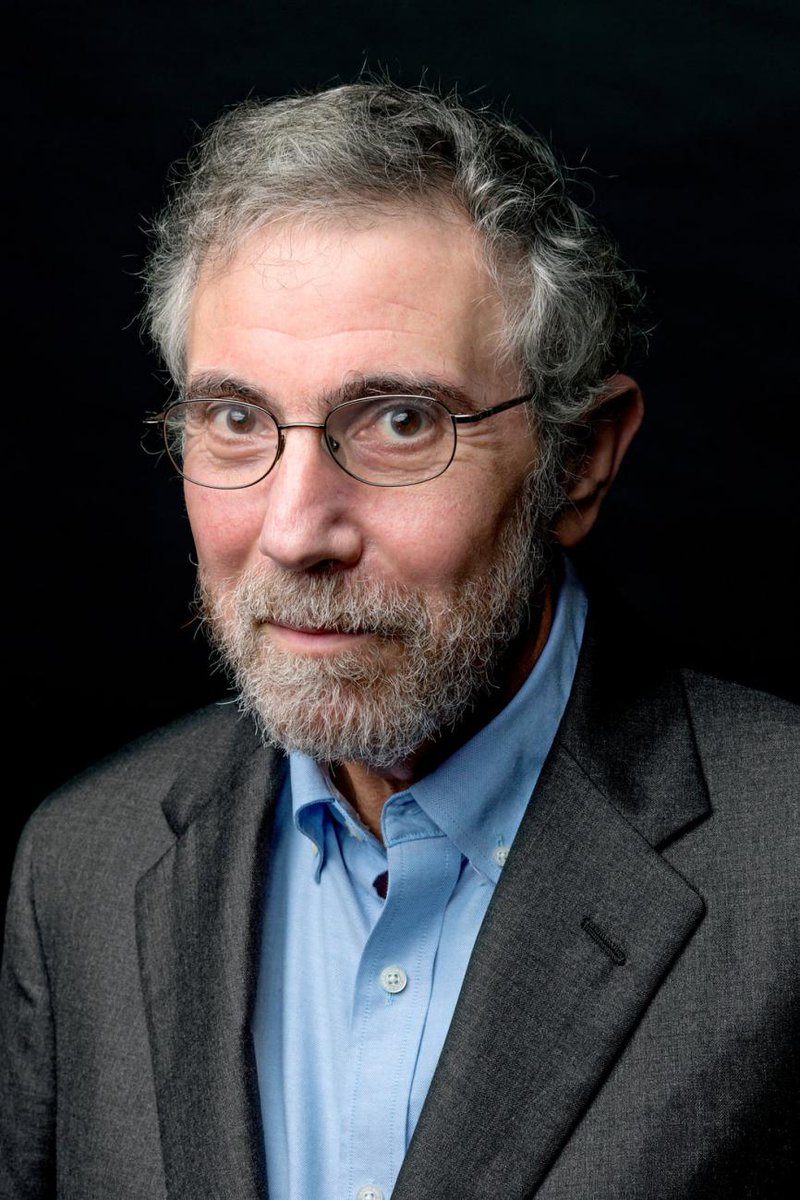
1/
a good thread on experts
a good thread on experts
https://twitter.com/Aelkus/status/1340700030706085891
3/
the proper role for experts is *advisory*, rather than policymaking.
the experts are *by the nature of expertise*, confined to narrow, partisan vision and priorities.
setting the policy takes a different kind of competence: leadership.
the proper role for experts is *advisory*, rather than policymaking.
the experts are *by the nature of expertise*, confined to narrow, partisan vision and priorities.
setting the policy takes a different kind of competence: leadership.

4/
we have seen, time and time again, countries and organizations ran into the ground by *experts*.
centralization, narrow vision, personal conflicts, it all comes to bear.
conversely, the much derided "wisdom of the crowds" does wonder in a market economy.
we have seen, time and time again, countries and organizations ran into the ground by *experts*.
centralization, narrow vision, personal conflicts, it all comes to bear.
conversely, the much derided "wisdom of the crowds" does wonder in a market economy.
5/
we've also seen experts *used* to push nonsensical propaganda. the experts that are *consistently* wrong have been highly valued and in demand in the recent years.

we've also seen experts *used* to push nonsensical propaganda. the experts that are *consistently* wrong have been highly valued and in demand in the recent years.


6/
how come unreliable experts attain celebrity status?
they are painted saints and *pushed* to the front, through non-market forces.
how come unreliable experts attain celebrity status?
they are painted saints and *pushed* to the front, through non-market forces.

7/
take-away: complex society is ran by its active members, and by the structures they create. they are by nature generalists, interfacing with all kinds of people.
experts have advisory role. they are by nature narrow and specialized, and represent a particular point of view.
take-away: complex society is ran by its active members, and by the structures they create. they are by nature generalists, interfacing with all kinds of people.
experts have advisory role. they are by nature narrow and specialized, and represent a particular point of view.
• • •
Missing some Tweet in this thread? You can try to
force a refresh











